How to Engage with NHS GP Out of Hours Services When You’re Unwell
How to Engage with NHS GP Out‑of‑Hours
Emma awoke on a Saturday evening with a pounding headache and a fever that seemed to climb by the minute. She glanced at the bedside clock — 7:45 pm, and groaned. Her regular GP surgery was long closed, and the nearest A&E was two bus rides away. She wasn’t gasping for air or bleeding, but she knew she needed professional help before morning.


1. Understanding NHS GP Out of Hours Services
NHS GP OOH services are designed for urgent health needs that can’t wait until your usual surgery reopens but aren’t life‑threatening emergencies. They operate typically:
Weekday evenings (after around 6 pm)
Weekends (from Saturday morning until Monday morning)
Bank holidays
These services are provided through NHS 111, local GP cooperatives, or regional providers, and aim to manage urgent but non‑emergency conditions.
Professional GP advice, anytime, anywhere
2. Assessing Your Symptoms
Before contacting any service, take a moment to assess the severity of your symptoms:
Red Flags (Go to A&E or Call 999)
Chest pain or pressure
Severe shortness of breath
Sudden weakness or slurred speech
Heavy bleeding that can’t be controlled
Signs of a stroke
Severe head injury or unconsciousness
Or any similar red flags
If you experience any of these, dial 999 immediately or go straight to A&E.
Suitable for NHS GP Out‑of‑Hours
High fever in adults not responding to paracetamol/ibuprofen
Persistent vomiting or diarrhoea causing dehydration
Painful urinary symptoms (e.g. burning, difficulty passing urine)
Moderate asthma flare‑ups not relieved by your usual inhaler
Infections (earache, sinus pain, skin infections) worsening over a few days
Sprains or strains, if you’re struggling to manage pain and mobility
3. How to Access NHS GP Out of Hours
NHS 111 (Online & Phone)
Phone: Dial 111. Trained advisers assess your symptoms and direct you to the appropriate care.
Online: Visit https://111.nhs.uk to complete a symptom checker and get a care plan.
Your NHS GP Practice’s OOH Service
Check your practice voicemail or website for the direct OOH number.
Some practices use a shared regional cooperative; details will be on your practice leaflet.
4. Preparing for Your Call or Visit
To help clinicians assess you quickly:
List Your Symptoms: Onset, duration, severity, and any patterns (e.g. worse at night).
Medications & Allergies: Name, dose, timing, and known allergies.
Basic Vitals: If possible, note your temperature and heart rate.
Questions & Concerns: Write down what you want to know (e.g. “Is this infection likely bacterial?”).
5. What to Expect from OOH Services
Triage Call: A nurse or GP will call you back—often within an hour.
Telephone Consultation: They’ll ask questions to gauge urgency.
Face‑to‑Face Appointment: If needed, you may be directed to a local hub or home visit.
Advice & Prescription: You may receive self‑care guidance, a prescription sent electronically, or referral onward (e.g., to A&E if your condition changes).
6. After Your OOH Consultation
Follow Instructions: Take medicines as prescribed, rest, and monitor symptoms.
Record Advice: Note any self‑care tips or warning signs to watch.
Follow‑Up: If symptoms persist or worsen, contact your regular GP or NHS 111 again.
Feedback: Most services welcome feedback to improve care quality.
7. Tips for Smooth OOH Experiences
Be Honest & Detailed: Clear information speeds up your care.
Stay Available: Keep your phone nearby in case the service calls back.
Use Self‑Care First: For mild colds or aches, try fluids, rest, and over‑the‑counter meds before calling.
Keep Documents Handy: Have your NHS number or personal details ready.
GP Out‑of‑Hours services bridge the gap between regular surgery hours and emergency care. By assessing your symptoms, knowing how to access OOH, and preparing effectively, you’ll get the timely support you need—without an unnecessary trip to A&E. Remember: if in doubt between urgent and emergency, NHS 111 can help direct you to the right place.


